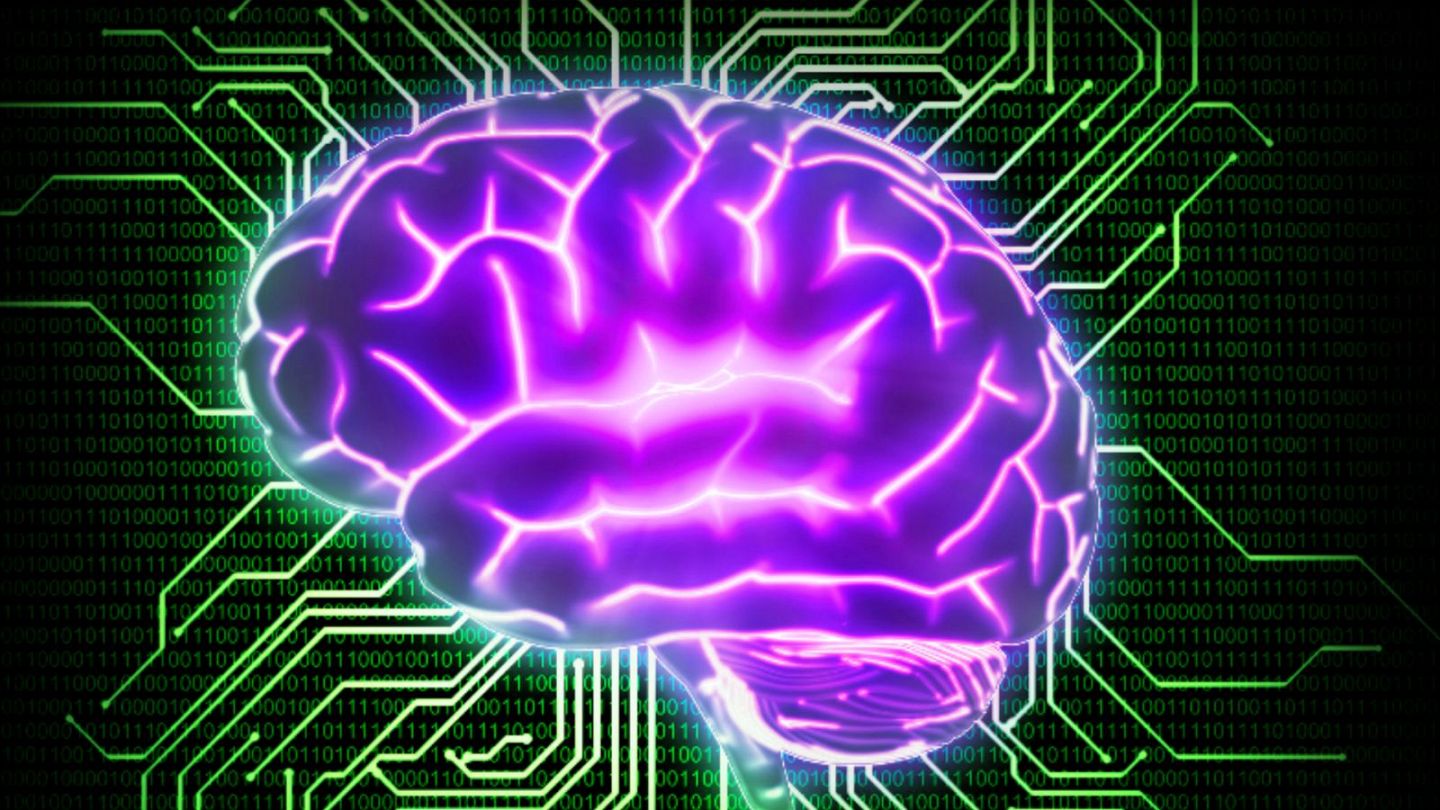Elon Musk's Neuralink has been generating buzz in the tech community, with the promise of groundbreaking innovation in brain-computer interfaces (BCIs). While the concept of integrating human thought with artificial intelligence is thrilling and an imaginary future scenario, it also presents significant ethical, privacy, and existential issues. Is Neuralink the greatest danger to humanity? Let's find out.
The Promise of Neuralink
Neuralink plans to make implantable brain chips that enable humans to communicate with computers through their minds. The technology will not only assist individuals with neurological disorders but also restore lost motor skills and even enhance cognitive skills. Potentially, it could result in mind-controlled machines, instant communications, and even memory storage and replay.
But while these technologies are promising, they also unlock Pandora's box of risks which can radically transform human life.
The Ethical Dilemma
Perhaps the largest issue facing Neuralink is ethical responsibility. The implantation of chips into human brains raises issues of consent, autonomy, and control. Who makes decisions regarding the use of the technology? Could governments or corporations misuse it for surveillance or mind control? Experts caution that Neuralink's invasive nature could result in historic ethical abuses.
Moreover, the difference between the rich and poor can become staggering. If brain-enhancement technology is only available to the rich, it can result in a new class system, wherein people who undergo enhancement possess heightened cognitive powers while others are left behind.
Privacy and Security Threats
Suppose your mind becomes open to the public. Neuralink's brain-machine interface can be hacked, with resulting data breaches, mind control, and eroded personal freedom. Cybercriminals can access Neuralink implants and change thoughts, pilfer memories, or command actions.
Additionally, corporate monitoring may reach new heights of terror. Companies may monitor emotions, anticipate behavior, and nudge decisions with neural information. This degree of intrusion could annihilate the existence of free will, exposing people to outside manipulation.
The Existential Threat
Aside from privacy and ethics, Neuralink is an existential threat to human existence. If there is a wide adoption of AI-driven brain implants, human intelligence will be forever changed. The distinction between biological thinking and artificial intelligence might blur, creating a world where humans cease to be truly human.
Some experts fear that Neuralink could accelerate AI dominance, making humans obsolete in the workforce and society. If AI surpasses human intelligence, will we still have control over our own evolution?
Conclusion
Neuralink is certainly a revolutionary innovation, yet its dangers cannot be overemphasized. While it holds out the promise of medical miracles and intelligent enhancements, it also imperils privacy, ethics, and human identity. As we enter this new age of brain-machine interfaces, we must wonder: Are we ready for the fallout?




Comments
Post a Comment